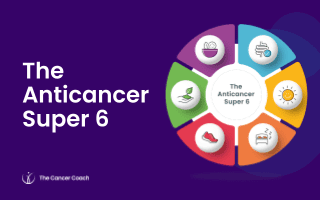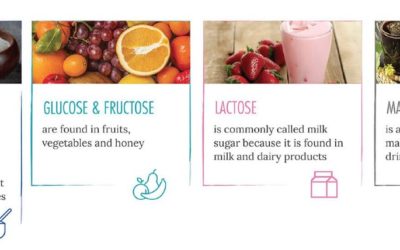Breast cancer is the most common form of cancer and more than 1.1 million women each year are diagnosed with it; (Not surprisingly) at least 200,000 of these women are Americans. The result is that most women feel helpless as they believe that genetics plays a large part in whether they will get cancer or not.
However researchers have also come to understand that what you eat and how you live can actually influence your chances of getting cancer and even how your grandchildren will fare when they are born. This ‘inheritance’ is far more important than any amount of money or property that one could or would leave. Let health be your legacy.
What in the world does this have to do with broccoli?
There are over 300 case controlled studies, which clearly demonstrate that eating vegetables protects against the development of cancer, specifically vegetables that are in the genus of plants known as Brassica, and more specifically, broccoli. Other vegetables in this category include cabbage, watercress, kale, brussel sprouts, cauliflower, kohlrabi and lesser known ones like Peruvian maca and mustards. As the number of servings eaten per month go up, the odds ratio of developing cancer drops significantly. For example, the odds ratio for breast cancer when five or more servings per week are eaten is 0.58, which is almost a 50% reduction in risk!
Ref: ncbi.nlm.nih.gov/pmc/articles/PMC2083253
Researchers in Italy published in the June, 2005 issue of the Journal of Nutrition that when they mixed cauliflower juice with breast cancer cells, not only did the cancerous cells stop growing, but at higher doses they were actually killed (they exploded), and not by the usual mechanism known as apoptosis. Furthermore, normal cells were not affected because, for some unknown reason, cauliflower has a preference for breast cancer cells over other mammalian cell lines. Even more remarkable is that this same effect was seen in both estrogen-receptor ER (+) and ER (–) cells. There is an obvious implication here that not only are these vegetables protective regarding the development of breast cancer, but they may even be useful in treating cancer once it has arisen.
Ref: beveragedaily.com/Article/2005/06/09/Cauliflower-juice-a-weapon-against-breast-cancer
The conclusion drawn by this respected cancer journal is that broccoli is an effective and acceptable strategy to prevent breast cancer.
Brassica derived chemicals (broccoli plants) also stop the growth of cancer cells after the initiation phase (cancer cells begin), interfere with promoters that make cancer cells grow (such as estrogen), interfere with angiogenesis (blood vessel growth in tumors), activate apoptosis (cell death) and block rapid growth of cells. This data is found throughout the scientific literature in both in-vitro and animal studies.
There are many excellent supplements containing flavonoids, quercetin, sulforaphanes and the other compounds derived from Brassica plants, but you can also get these benefits from certain foods, particularly from Brussels sprouts (if one wishes to obtain these benefits in the most potent, efficacious and natural way, just eat them). Brussel sprouts contain extremely high levels of glucoraphanin, the glucosinolate precursor to the isothiocyanate sulforaphane. Actually, these sprouts pack between 10–100 times the amount of glucoraphanin than adult broccoli. Consumed raw is best, as cooking eliminates a lot of the properties. To most effectively take advantage of these compounds, thoroughly chew your sprouts. Article published in 1997 in the New York Times, with the title “Researchers Find a Concentrated Anticancer Substance in Broccoli Sprouts.”
A word of caution is in order. About 97% of these nutrients are lost with microwaving and 66% with boiling. Steaming is an acceptable way of preparing these vegetables for consumption, but raw, fresh and organic will give you what nature intended…a long and joyful life.


